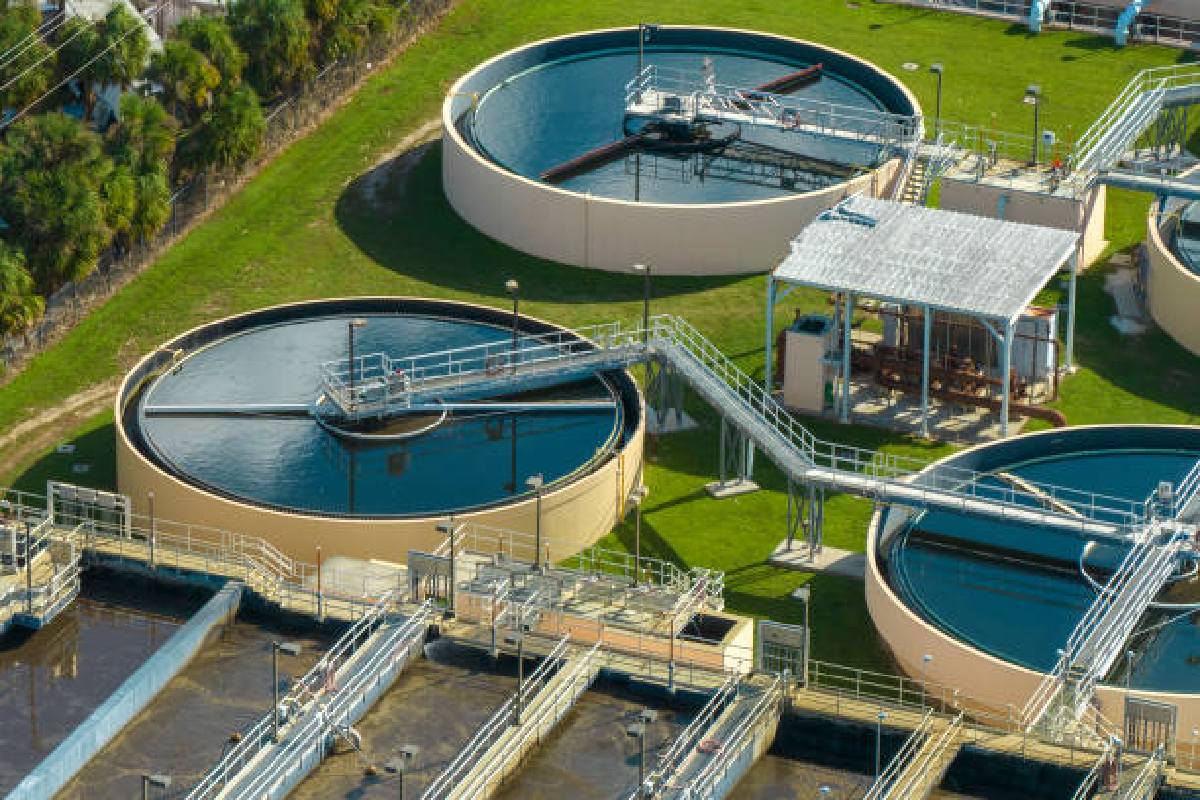How Many Jobs Are Available in Basic Industries
Basic industries offer many job opportunities, and people with different abilities can find work here. To get a job in this sphere, you must read about the Number of existing vacancies to understand whether you should choose this occupation.
This article discusses how many jobs are available in basic industries. Below, we provide a list of available positions for you.
What are Basic Industries?
The conventional definition of basic industries is the jobs or occupations that provide the goods we use in our society daily. These industries’ role is to gather the commodities that are the base for producing most of the items we purchase. These raw materials are also taken to other places and processed to become products for the people to use.
What is the Number of job opportunities in basic industries?
According to the U. S. Bureau of Labor Statistics (BLS), more than 10 million jobs will be available in all industries by April 2023. It entails demand for employment opportunities such as those in the basic sectors. Of the 10 million vacancies, it is estimated that 9 million are in the private sector, most of which engage in basic industries.
Jobs in Basic Industries
Fish Processor
Fish processing deals with fish through preserving, processing, and packing to sell the fish. Lorries take the fish caught to the processing plants or seafood markets where the fish processors render them fit for consumption. There are laid down conditions about hygiene, and the laws ensure the fish are well-treated to make them fit for human consumption.
Logger
Loggers are professionals in the forestry industry who remove trees for lumber, paper, and other wood. Logging is a line of business that requires the professional to utilize a lot of equipment, including chainsaws, skidders, and loaders. Following the felling of the trees, they place the logs in loading to transport to developing transport means to the mill. It is because safety cannot be taken for granted in this line of work since it has various dangers, such as working at heights and using dangerous tools.
Animal Caretaker
Animal caretakers take responsibility for animals’ health and welfare and ensure they are fed and watered at proper times. They may work on a farm, production plant, or other settings, and these workers may help give out some doses of medicine to animals. Other responsibilities include providing necessary living environmental conditions and lighting maintenance for the facility.
Production Operator
Production operators are responsible for establishing, supervising, and managing production equipment for production lines in the company. These operators work on well-defined protocols and procedures for starting to monitor the production equipment and maintaining the end products to meet specifications of high-quality standards.
Forklift Operator
A forklift operator uses the equipment to move different materials, products, and equipment within a certain facility, such as a warehouse. As a profession, there are certain safety measures that the accredited bodies assign each driver to follow before permitting them to work. Further, an operator of the forklift may be expected to maintain it as and when required by the supervisors, and the users of the building may be required to undergo periodic inspections to ensure the safety of everyone in the building.
Welder
A welder operates on construction sites and industries, especially to connect metal parts. Depending on what kind of job they are performing, they can take numerous approaches. A welder’s daily tasks include being able to read technical drawings, choose the right material to work with and ensure that they safely do the work.
Chemical Technician
Chemical technicians are assigned chemical analysis duties. And also carry out experiments with the products under the guidance of a chemist or a chemical engineer. That is why some of the duties may also involve washing the laboratory according to the generally accepted practices and standards of the company. And the industry, keeping records of the chemical stock, and submitting reports on the composition of chemicals to supervisors.
Metal Worker
Metal workers assist in putting in place and maintaining metal-related items. While their responsibilities could be more detailed based on education, specialization, or organization, many metal workers perform the following tasks. Preparing metal products for installation, cleaning work areas, and setting metal sheets according to certain projects.
Carpenter
A carpenter is a skilled craftsman who works with wood. In the basic industry, they can use their skills in various ways. They can be involved in production, construction, maintenance, and other roles. A carpenter trains for years and becomes skilled in precision sawing, hand grinding, and drilling to finish his project.
Rigger
A rigger is a professional who works on an oil or gas drilling operation, whether on or off the coast. Responsibilities include the use of drilling machines, the use of cranes, and the maintenance of extraction equipment. Always be familiar with safety procedures and the responsible use of drilling equipment.
Miner
Miners use heavy machinery and other equipment to extract minerals such as coal and ore from the earth. This role involves working deep underground and using machinery and transport to remove minerals and bring them to ground level. They may also use controlled explosives to break up the rock before using tools to shrink it. It is a safety-conscious job, and strict safety procedures and protocols are always followed.





